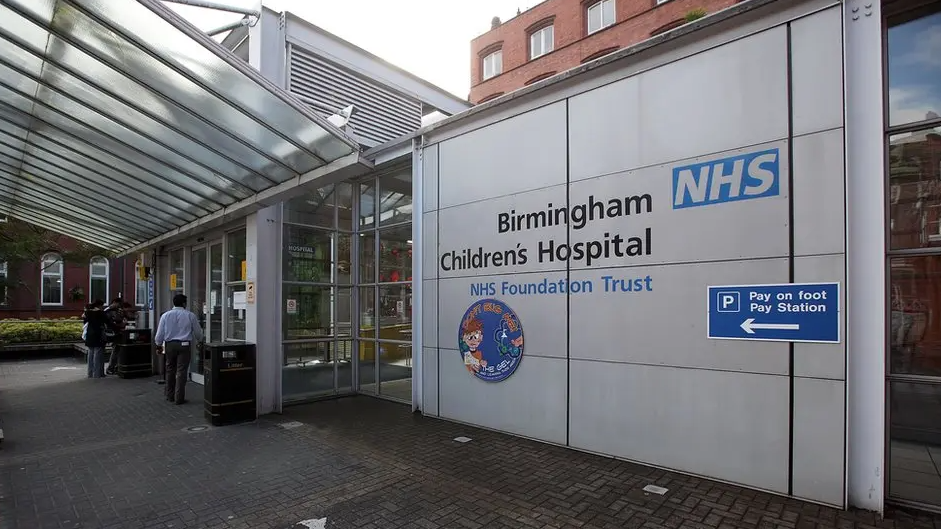NHS trust to lead 'crucial' diarrhoea study

Three potential treatments for the symptoms of bile acid diarrhoea (BAD) will be examined in the four-year study, the trust said
- Published
Royal Wolverhampton NHS Trust has been chosen to host a world-leading study into the treatment of a common cause of diarrhoea.
More than 500 people will be recruited for the £2m clinical trial, which will span four years.
The study, funded by the National Institute for Health and Care Research (NIHR), will look at potential treatments for the symptoms of bile acid diarrhoea (BAD).
Prof Matthew Brookes, director of the NIHR West Midlands Regional Research Delivery Network, said it was a "crucial trial in an often under-researched and under-funded area".
The condition is caused by an excess of bile acids in the large intestine, causing symptoms like watery diarrhoea, frequent bowel movements, and an urgent need for the toilet, the trust said.
It affects more than 1% of the UK population, but many cases are wrongly diagnosed as irritable bowel syndrome. Three potential treatments will be examined.
Up to 519 patients, including about 50 from Wolverhampton, with suspected BAD will take part.
Pauline Boyle, group director of research and development at the trust, said: "This will have a massive impact on the quality of life for BAD patients.
"But more research at trusts also increases staff retention while also improving the quality and standards of care."
Prof Tonny Veenith, clinical director of research at the trust added: "The trial will be world-leading, creating critical information that could show us which treatment options improve symptoms."
Get in touch
Tell us which stories we should cover in Wolverhampton
Follow BBC Wolverhampton & Black Country on BBC Sounds, Facebook, external, X, external and Instagram, external.
Related topics
- Published26 July 2024

- Published21 January
